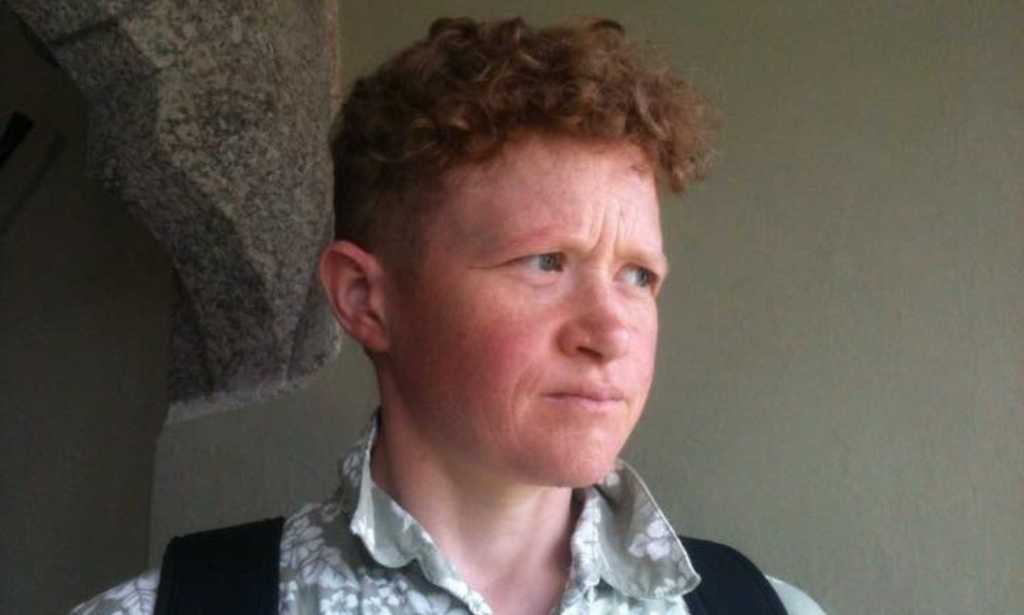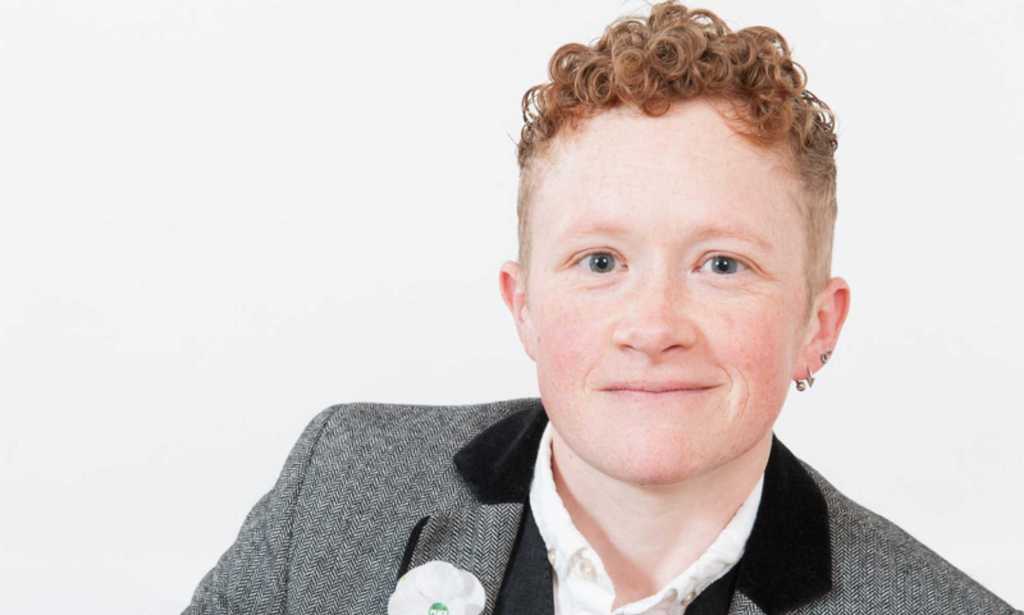No, lesbians aren’t being ‘erased’ by trans people

An academic is pushing back against gender-critical rhetoric. (Getty/PinkNews)
An academic has pushed back against claims that lesbians are being erased in society, saying the narrative is part of a broader right-wing movement to “fracture” the LGBTQ+ community.
Dr Finn Mackay, a senior sociology lecturer at the University of the West of England, told PinkNews the problems shared by lesbians and feminists will not be served by “fuelling a conservative agenda that wishes to divide and ultimately erase the whole of the LGBTQ movement and communities”.
In recent months and years, claims that lesbians are being erased from society has gained traction on social media. Particularly, the narrative has been pushed that young lesbians are being encouraged, or forced, into transitioning to be trans men.
Mackay’s rebuttals come days after Kathleen Stock and Julie Bindel launched The Lesbian Project, a new trans-exclusionary initiative which they say “highlights and champions the experiences, insights and sensibilities of lesbians in all their diversity”.
The high-profile pair have courted controversy for their anti-trans views and concerns have been raised that the new project will be used by some as an undercover means to push anti-trans viewpoints and other narratives harmful to the community.
Since its launch, the two women have appeared across the media, including Woman’s Hour, The Guardian, LBC and The Telegraph, to discuss how lesbians are allegedly being silenced.
Bindel, in particular, caused outrage on social media for an appearance on GB News where she claimed lesbians are being “lumped in” with “minor attracted persons” – namely pedophiles – under the LGBTQ+ umbrella.

“The individuals that have set up the group are open about their views, their trans exclusionary views,” Mackay tells PinkNews.
“They’ve been open about that and they’ve campaigned for trans exclusion from different arenas in public life and culture. They make no secret of that.
“People could put two and two together and say that [Stock and Bindel] are openly trans exclusionary campaigners and activists, and now they have started this group.
“Consciously or unconsciously, this group will have movements trying to fracture and divide the LGBTQ+ movement.”
During the course of their career, Mackay has spent decades working in feminist activism – living for some time in a women’s peace camp in Yorkshire – and their recent book examines the background and context to the “gender wars” sweeping international discourse.
From their experience moving in these circles and research areas, Mackay referenced the loss of self-organised and grassroots lesbian spaces in the 1990s and 2000s as well as the wider marginalisation of lesbians in the gay rights movement.
“I’m suspicious as to whether this new group is about rectifying that or if it has grown up purely in reaction to what they see as trans people getting – quotes – ‘too many rights’,” they said.
Adding that to talk about those issues now, “at a time when right-wing forces wish to fragment”, is “dangerous”.

‘Your enemy’s enemy is not your friend’
The sociologist notes there are specific issues facing lesbians, including misogyny and homophobia, and community needs which often intersect with feminist issues because “lesbians have a stake in all of those concerns”.
However, Mackay states that “being in a being in an ever smaller bunker” is not beneficial.
“Allying yourself with a wider group which wishes to invisibilise and erase your whole community,” referencing the extremist conservative and religious groups often in attendance at anti-trans rallies, “is not going to do you any favours. It’s not going to be a win for you.”
“Your enemy’s enemy is not your friend,” Mackay adds.

